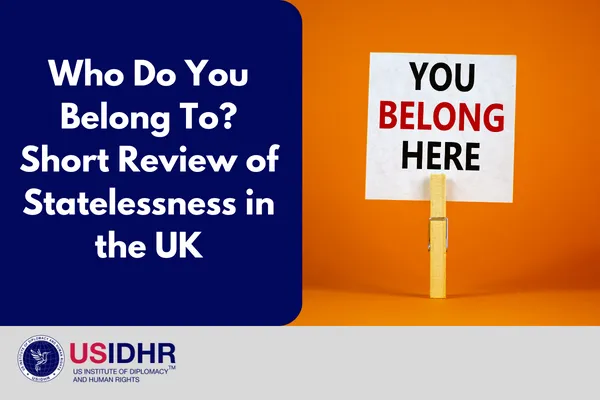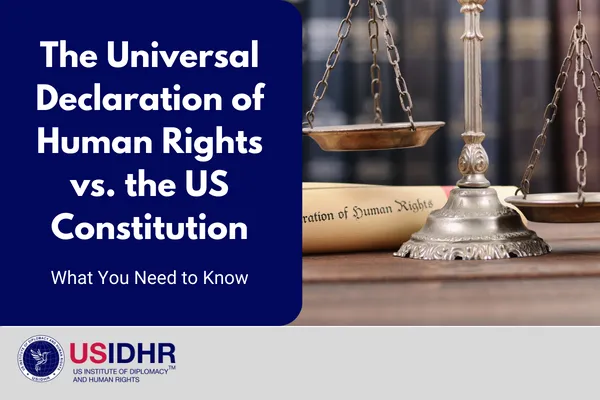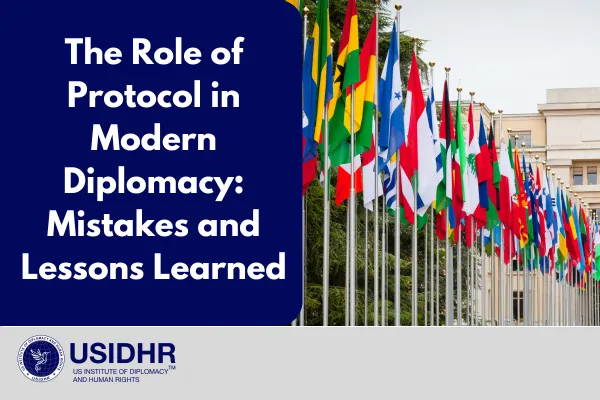
The Role of Protocol in Modern Diplomacy: Mistakes and Lessons Learned
November 26, 2024
5 min read
The Role of Protocol in Modern Diplomacy
Diplomatic protocol plays a crucial role in fostering respectful and effective international relations. This intricate system of rules and customs ensures that communication between nations remains smooth, culturally sensitive, and devoid of misunderstandings that could lead to conflict. Despite its significance, breaches in protocol continue to occur, often with far-reaching implications. This article explores notable protocol mistakes in modern diplomacy, the lessons they impart, and how aspiring protocol officers can prepare to avoid such pitfalls.
Understanding Diplomatic Protocol
Protocol involves a set of guidelines governing official interactions, ceremonies, and events in diplomacy. These rules cover everything from seating arrangements to the sequence of speeches, gift exchanges, and the handling of national symbols. Far from mere formality, protocol symbolizes respect and acknowledgment of each nation’s sovereignty and traditions. As former diplomat Sir Harold Nicholson once stated, “Protocol is the bridge between cultures; its careful observance fosters trust and mutual respect”[1][2].
Notable Protocol Mistakes and Their Impact:
-The U.S.-China Airport Incident (2016)
Context: When President Obama arrived for the G20 Summit in Hangzhou, Chinese officials did not provide a staircase for Air Force One's main exit, nor did they roll out the traditional red carpet. This incident was widely perceived as a diplomatic slight.
Why It Matters: The red carpet and proper arrangements for head-of-state arrivals symbolize honor and respect. Their absence can be interpreted as a deliberate snub or sign of friction between nations. While Chinese officials attributed the incident to a logistical issue, media speculation intensified tensions. This case illustrates how even perceived breaches of protocol can overshadow important diplomatic discussions, emphasizing the need for careful management of ceremonial details to maintain a positive diplomatic atmosphere.[3][4].
-Michelle Obama and the Queen (2009)
Context: During a visit to Buckingham Palace, Michelle Obama placed her hand on Queen Elizabeth II's back in what seemed like a friendly gesture. However, this small act sparked significant debate about royal protocol.
Why It Matters: In British royal tradition, physical contact with the monarch beyond a formal handshake is considered inappropriate unless initiated by the queen. The British monarchy symbolizes national identity and heritage, so breaches in protocol, even minor ones, are seen as a lack of cultural awareness or respect. For foreign dignitaries, observing these customs demonstrates respect for the host nation’s traditions and helps avoid unnecessary controversies that could distract from diplomatic objectives. This incident underscores the importance of thorough preparation and awareness of cultural sensitivities when engaging with high-profile figures[4].
-ASEAN Summit Seating Error (2020)
Context: At the 2020 ASEAN Summit, a misalignment of delegate name placards caused confusion, resulting in some representatives sitting in the wrong seats.
Why It Matters: Seating arrangements at diplomatic events follow a strict order of precedence, reflecting the hierarchy and diplomatic status of participants. These protocols are not merely symbolic; they convey respect and acknowledgment of each nation's standing within the organization. Errors in seating can lead to feelings of disrespect, damage relationships, and create awkward situations that undermine the credibility and competence of the host nation. This case highlights the critical need for meticulous planning and verification in diplomatic event coordination[5].
Lessons for Aspiring Protocol Officers
1.Attention to Detail is Crucial
Every aspect of diplomatic interaction, from the placement of flags to the order of introductions, must be meticulously planned. Even small oversights can lead to diplomatic tensions or media controversies[2][5].
2.Cultural Sensitivity and Research
Understanding cultural nuances is essential for avoiding unintentional offenses. Protocol officers must thoroughly research the customs, traditions, and expectations of their counterparts[4].
3.Flexibility and Quick Thinking
Unpredictable situations may arise despite thorough planning. Successful protocol officers must adapt quickly, resolving issues with discretion and professionalism to maintain diplomatic decorum[5].
These case studies emphasize that protocol breaches are more than surface-level errors—they carry significant diplomatic weight. Attention to detail, cultural sensitivity, and proactive preparation are essential skills for protocol officers. Understanding these elements ensures that diplomatic events proceed smoothly and relationships between nations are fostered rather than strained.
Why Protocol Matters in a Modern Context
In today’s interconnected world, the stakes are higher than ever. Misunderstandings caused by protocol breaches can escalate tensions, impacting international relations and economic partnerships. As digital diplomacy and virtual summits become more common, protocol must evolve to address new challenges, such as maintaining respect and formality in online settings[6].
Become a Certified Protocol Officer with USIDHR
Understanding and implementing diplomatic protocol requires specialized knowledge and training. Our International Business and Diplomatic Protocol Training Course equips you with the skills needed to excel in this field. Learn about international etiquette, cultural intelligence, and event coordination from experts in the field. Certification not only enhances your qualifications but also opens doors to prestigious roles in diplomacy and international organizations.👉 Enroll now to take the first step toward a successful career in diplomacy!
Reference list:
[1] Nicholson, Harold. Diplomacy and Protocol. (2018).
[2] U.S. Department of State. Diplomatic Protocol Guidelines.
[3] BBC News. “Obama’s G20 Arrival Row Highlights Diplomatic Protocol.” Retrieved from BBC News.
[4] The Guardian. “Michelle Obama’s Royal Encounter: A Protocol Lesson.” Retrieved from The Guardian.
[5] ASEAN Secretariat. Protocol and Etiquette in Diplomacy. (2020).
[6] DiploFoundation. “Digital Diplomacy and Evolving Protocol Challenges.” Retrieved from
DiploFoundation.
Join One of Our Certificate Trainings:
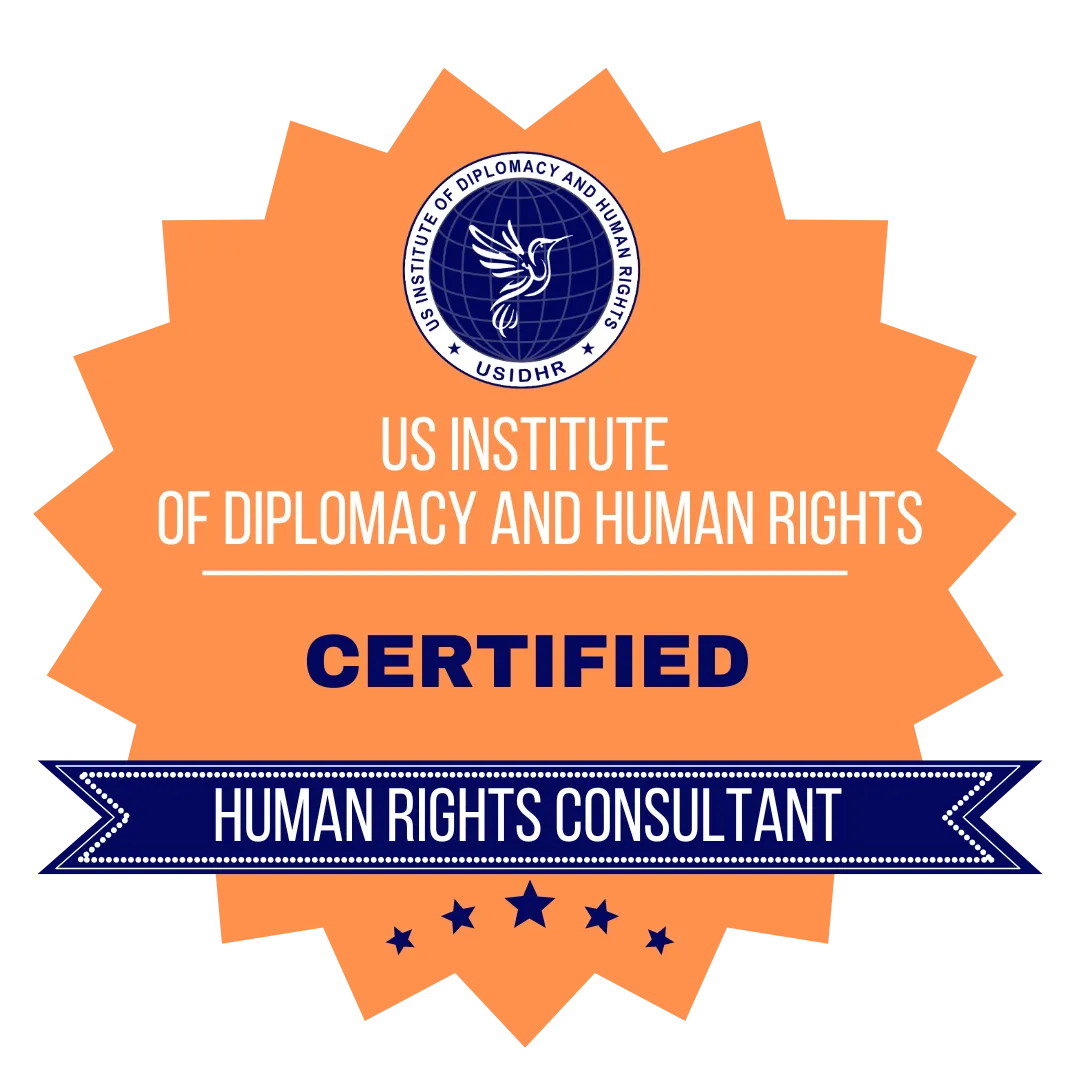
Human Rights Education Certification Training
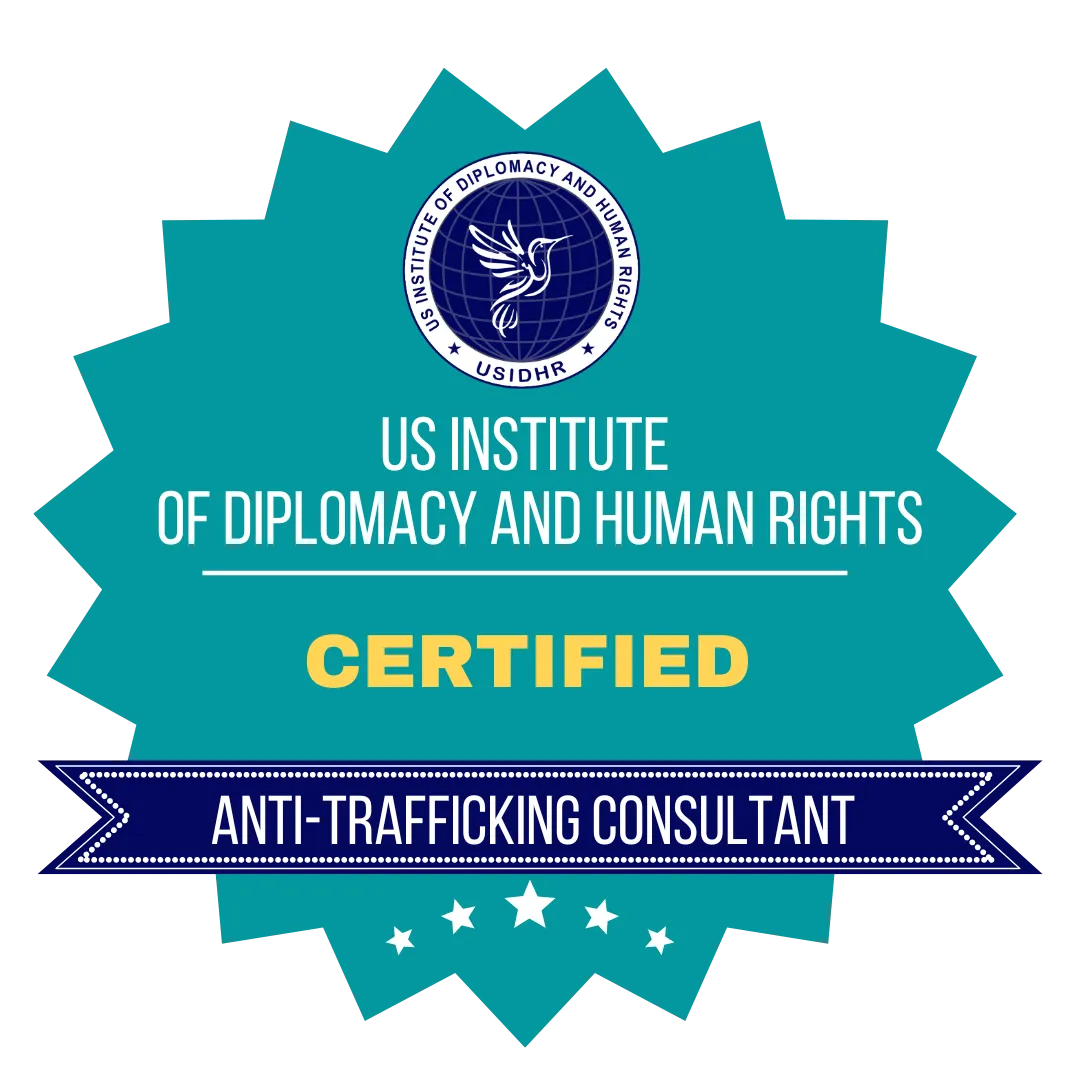
Human Trafficking Certification
Training
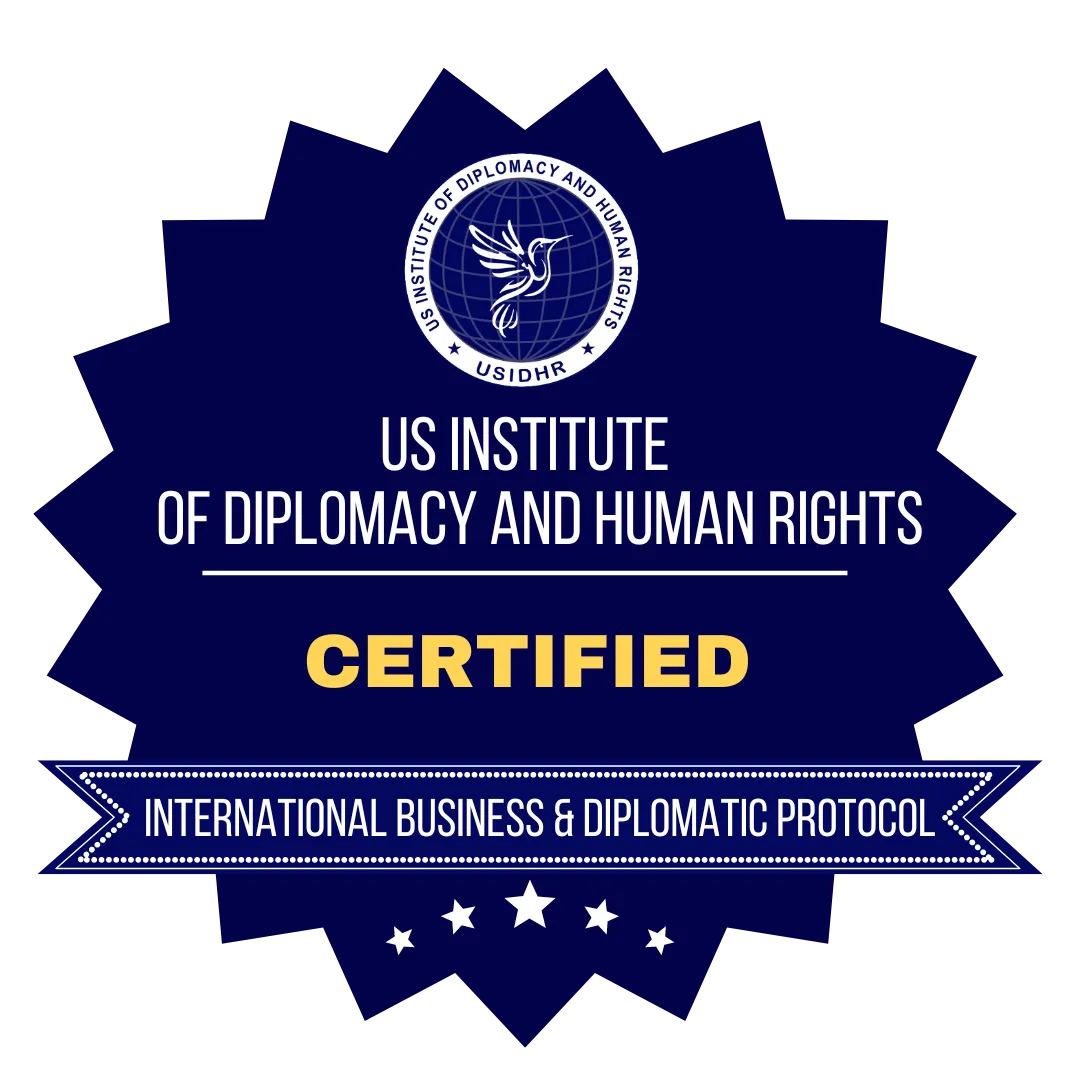
International Business and Diplomatic Protocol Certification
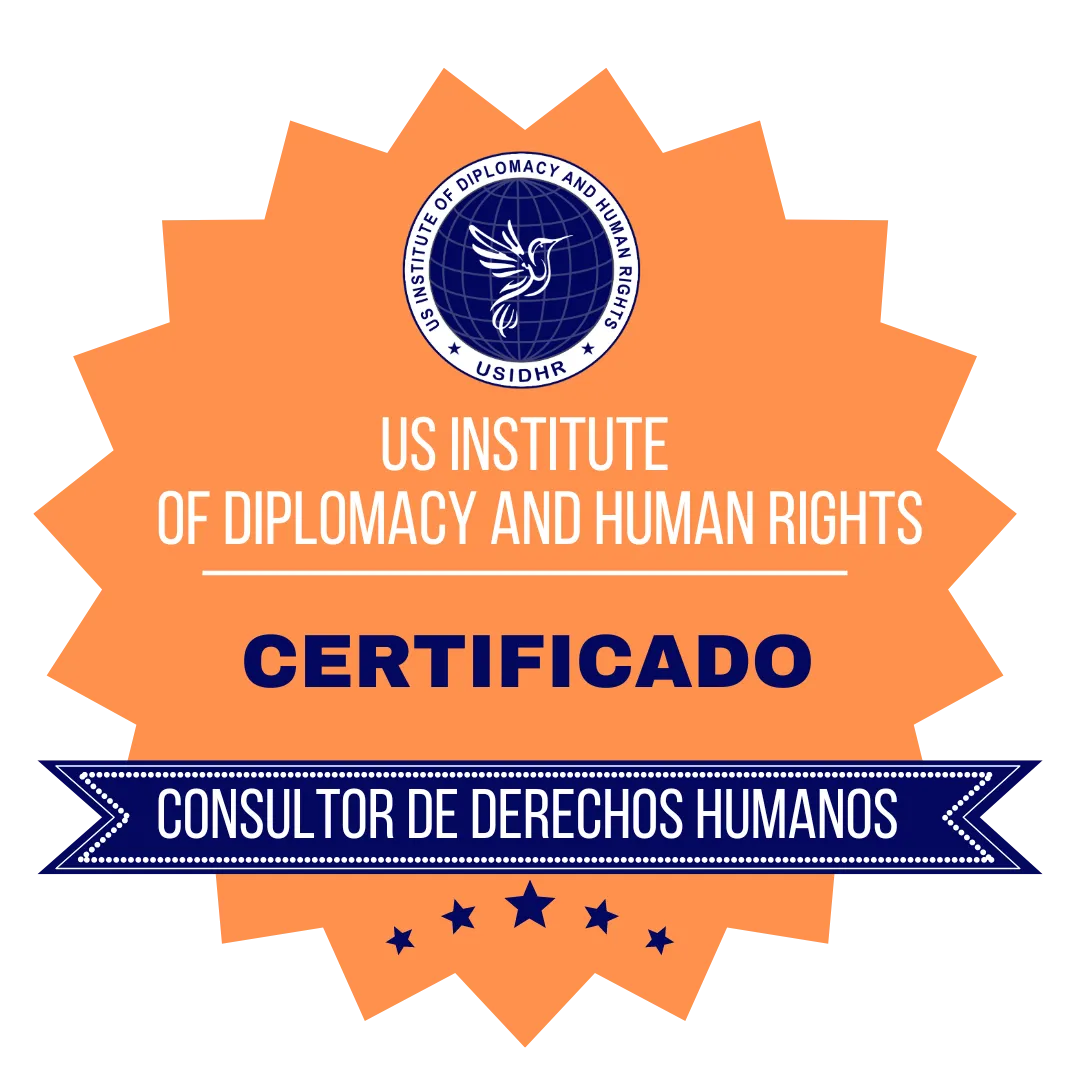
Capacitación En Derechos Humanos
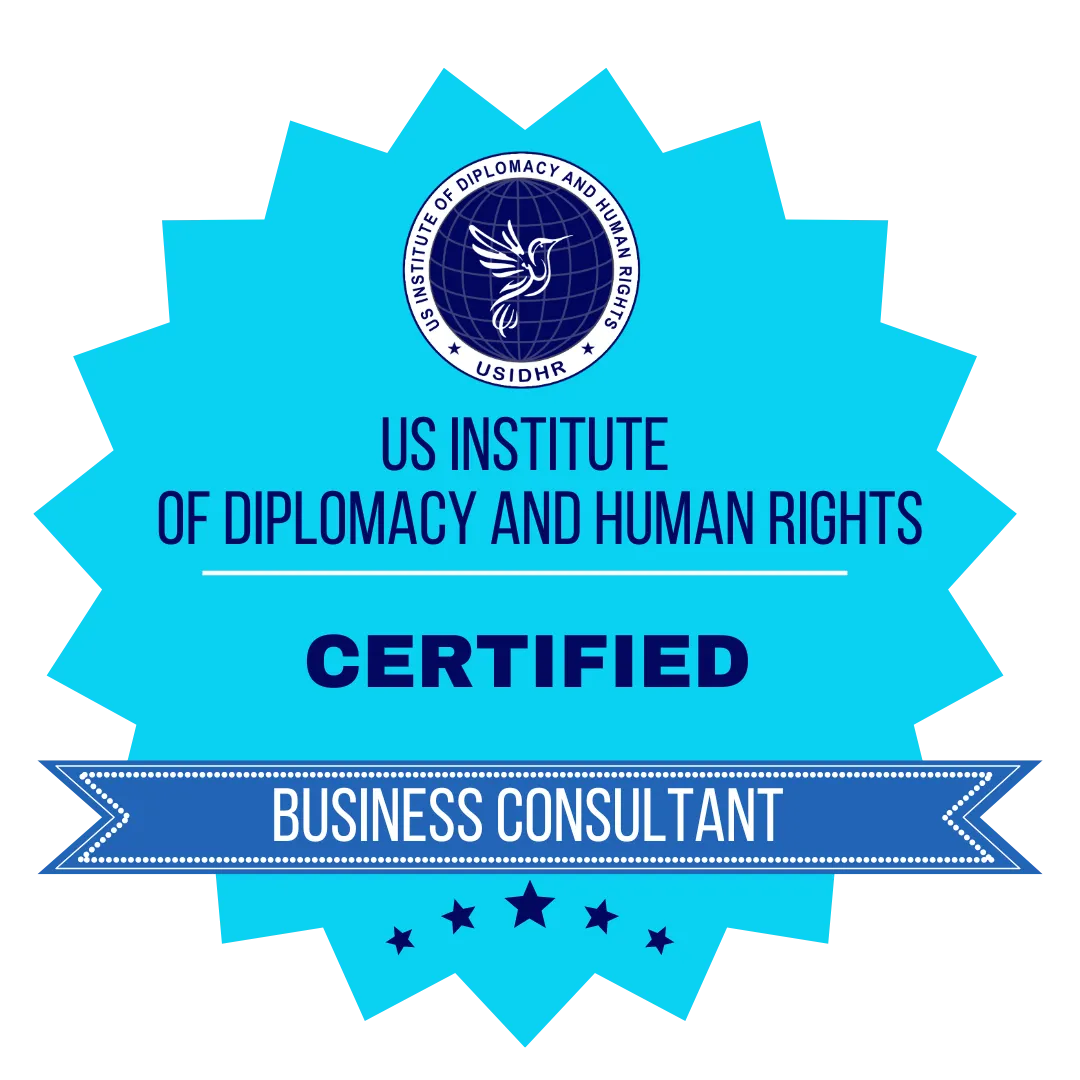
Business Consulting Certification Training
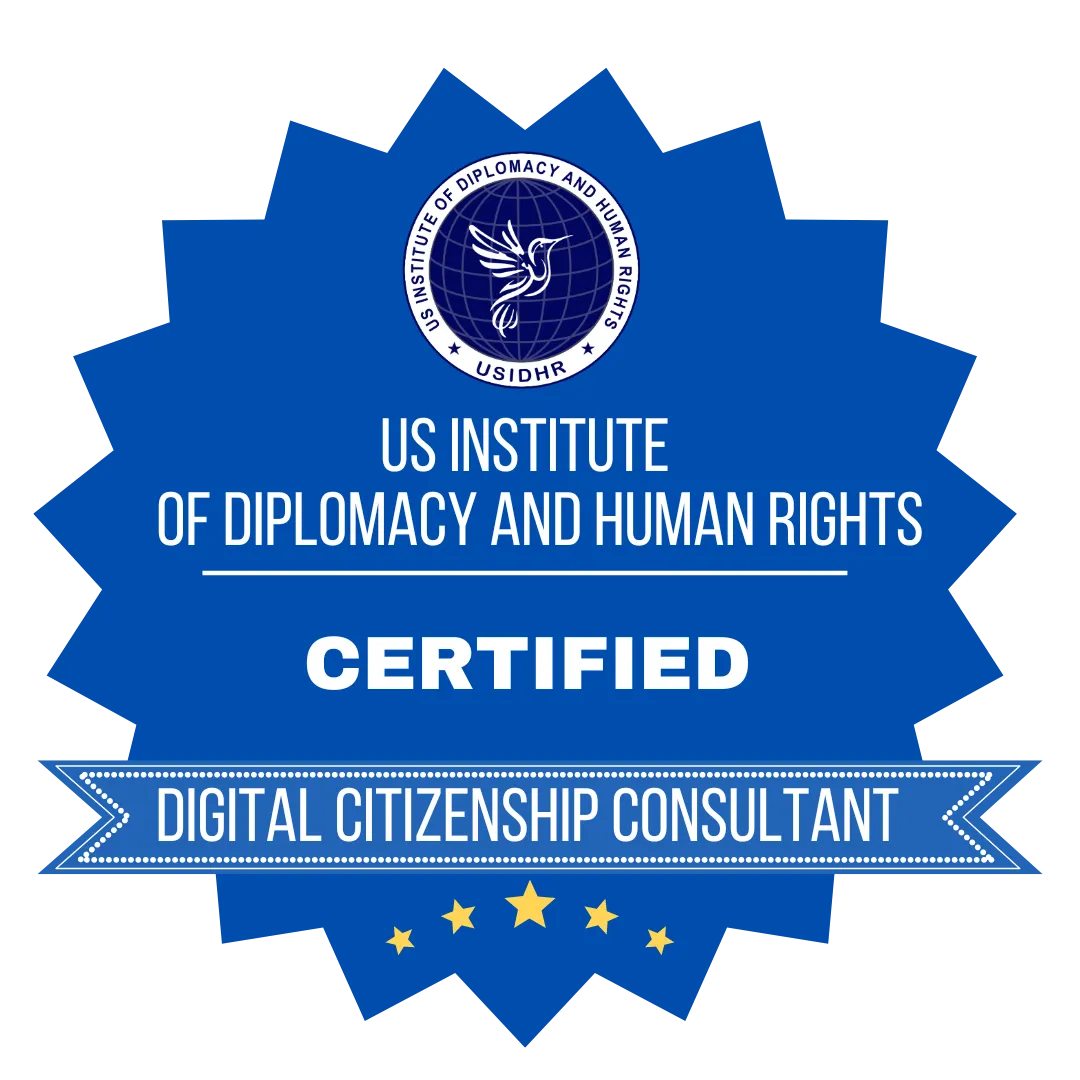
Digital Citizenship Certification
Training

The US Institute of Diplomacy and Human Rights (USIDHR) is an International Continuing Professional Development (CPD) Accredited Organization. Accredited CPD training means the learning activity has reached the required Continuing Professional Development standards and benchmarks. The learning value has been scrutinized to ensure integrity and quality. The CPD Certification Service provides recognized independent CPD accreditation compatible with global CPD requirements
US Institute Of Diplomacy And Human Rights
1250 Connecticut Ave NW Ste 700, Washington, DC 20036



